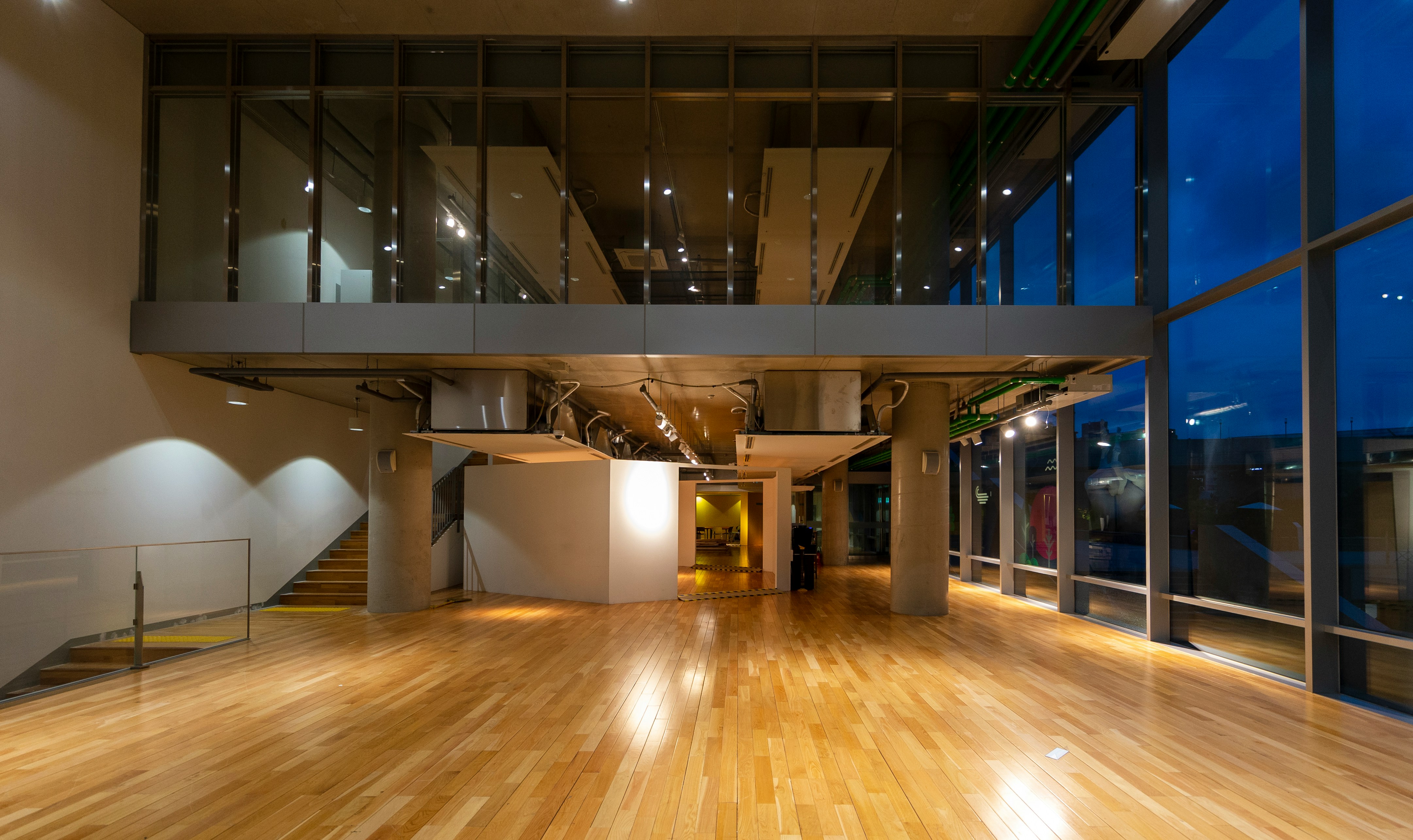Flooring Installation Prices Might Surprise You
Installing new flooring can transform the look and feel of your home or business. But when it comes to budgeting for this upgrade, flooring installation prices can often catch you off guard. From vinyl to hardwood, each material and installation process comes with its unique costs. Here’s a breakdown of factors influencing flooring prices and what you should consider before taking the plunge.

What Influences Flooring Installation Costs
Flooring installation prices vary depending on factors like the material chosen, the room’s size, and the labor costs in your area. Materials like vinyl and laminate are more affordable, while hardwood and microcement floors often command higher prices due to their durability and aesthetic appeal.
Labor is another major cost driver. Local flooring installation professionals may charge by the square foot or hourly, depending on the project’s complexity. Urban areas tend to have higher labor rates compared to rural locations. Additionally, prep work like removing old flooring or leveling the subfloor can add to the overall expense.
Customization, such as intricate patterns or designs, also affects costs. For example, a herringbone hardwood pattern might cost significantly more than a straightforward plank layout. Understanding these factors can help you plan a realistic budget for your flooring project.
Understanding Commercial Flooring
Commercial flooring installations often have distinct requirements compared to residential projects. Businesses prioritize durability, ease of maintenance, and cost-efficiency. Options like polished concrete and vinyl flooring are common in commercial settings because they combine longevity with affordability.
While upfront costs for commercial flooring might seem steep, the long-term benefits often justify the expense. For example, microcement floors are gaining popularity in retail and hospitality industries due to their sleek appearance and resistance to wear and tear.
However, it’s crucial to work with experienced installers familiar with commercial standards. Mistakes in installation can lead to costly repairs or replacements down the line. Investing in quality materials and skilled labor ensures that your flooring withstands the demands of heavy foot traffic and daily use.
The Appeal of Vinyl Flooring
Vinyl flooring has emerged as one of the most versatile and cost-effective options for modern homes and businesses. Known for its durability and water resistance, vinyl is ideal for kitchens, bathrooms, and commercial spaces where spills are frequent.
Luxury vinyl planks (LVP) and luxury vinyl tiles (LVT) mimic the look of hardwood and stone at a fraction of the cost. They are easy to install, often featuring click-and-lock systems that reduce labor expenses. On average, vinyl flooring installation costs range between $2 and $7 per square foot, making it an accessible choice for budget-conscious consumers.
Vinyl’s low-maintenance nature adds to its appeal. Simple cleaning with a damp mop keeps it looking new for years. Plus, advancements in design technology have made vinyl flooring more stylish, offering a wide range of colors and textures to suit any aesthetic.
The Versatility of Microcement Floors
Microcement floors have become a trendy option for those seeking a minimalist, industrial look. Made from a cement-based coating applied in thin layers, microcement can be customized with different finishes and colors to suit any style.
This flooring type is not only visually appealing but also highly durable and resistant to moisture. It’s commonly used in bathrooms, kitchens, and commercial spaces like cafes and offices. Installation, however, requires specialized skills, which can drive up labor costs.
The price of microcement floors ranges from $7 to $15 per square foot, depending on the complexity of the project. While the upfront costs are higher compared to vinyl, the longevity and seamless finish make microcement an excellent long-term investment.
A Cost Comparison of Flooring Materials and Services
To help you make an informed decision, here’s a comparison of estimated costs for different flooring materials and installation services available in the United States:
| Material/Service | Estimated Cost (per sq. ft.) | Key Features | Best For |
|—————————|———————————-|————————————|————————————|
| Vinyl Flooring | $2–$7 | Durable, water-resistant, stylish | Kitchens, bathrooms, commercial |
| Hardwood Floors | $6–$15 | Timeless, durable, elegant | Living rooms, high-end spaces |
| Microcement Floors | $7–$15 | Seamless, customizable, durable | Modern homes, commercial spaces |
| Commercial Flooring | $5–$12 | Heavy-duty, easy maintenance | Retail, hospitality, offices |
| Local Flooring Installation | $3–$10 | Skilled labor, variable rates | All project types |
Please note that all prices mentioned are estimations and for accurate information, we recommend conducting your own research and consulting local service providers directly.
Conclusion
Flooring installation costs can vary widely depending on the materials, labor, and complexity of the project. From the budget-friendly appeal of vinyl to the luxurious finish of hardwood or microcement, each option offers unique benefits. Understanding these differences and planning accordingly ensures you get the most value from your investment while achieving the aesthetic and functionality you desire.




